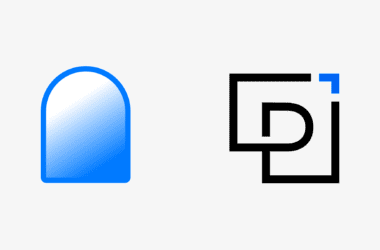Quick take:
- Play AI is backed by leading Web3 VCs including P2 Ventures, Jump Crypto, Alphawave, Zentry, MH Ventures and Tykhe Block Ventures.
- The company is building the middleware for AI models and agents in gaming.
- Gamers will be rewarded for sharing their data, which PlayAI uses to train AI agents.
Play AI, a Web3 startup building a modular gaming chain powered by artificial intelligence has secured $4.3 million at a valuation of $70 million. The company is building the middleware for AI models and gaming agents as it look to equip developers with high-quality gaming data and tools, which creators can leverage to improve gaming content generation.
The platform is also introducing a new monetisation stream for global gamers, which enables players to be rewarded for sharing their gameplay data.
Commenting on the announcement, PS Ramees, Play AI CEO said in a statement: “Artificial intelligence is the future of gaming and virtual worlds, but the cost and complexity of development has long been a major roadblock to adoption.”
“By making it incentivised, simple, and secure to deploy, we are ushering in a new chapter for gaming, where any developer can easily add AI elements like non-player character (NPC) agents, auto-generated worlds, automated dialogues, and story trees—either by selecting from a range of pre-trained models, or by putting out a request to the network.”
PlayAI is joining a growing list of companies that are looking to bridge blockchain gaming with AI. The platform uses blockchain to create a decentralised network for AI model training and data attribution.
According to Ramees, his company can also use non-fungible tokens (NFTs) to create a new source of earning for gamers, outside of the game economy.
PlayAI has been building its platform in stealth over the past six months but hopes to launch a dashboard soon, to be followed by game launches, VentureBeat reported. Although Ramees is targeting open-world player-versus-player shooter games first, he said the technology could also work with simpler hypercasual games.
“It’s agnostic whether the game is Web3 or Web2,” he said. “We are starting with Web3 games because the team is more familiar with this kind of approach to starting networks. But our relationship with gamers is pretty straightforward.”
Stay on top of things:
Subscribe to our newsletter using this link – we won’t spam!





